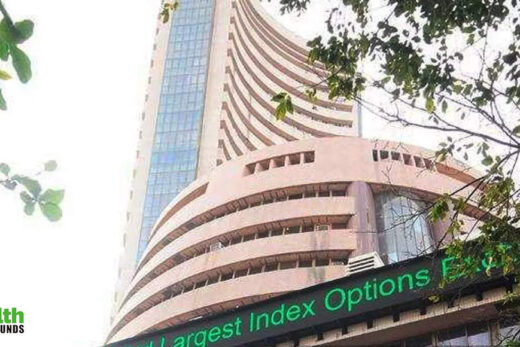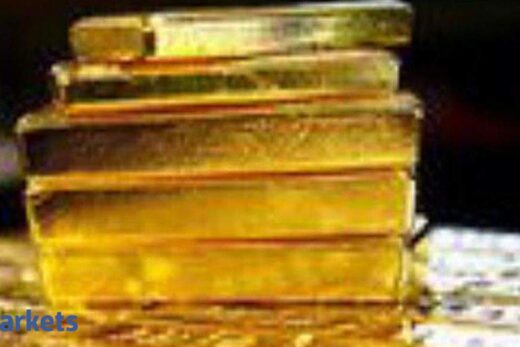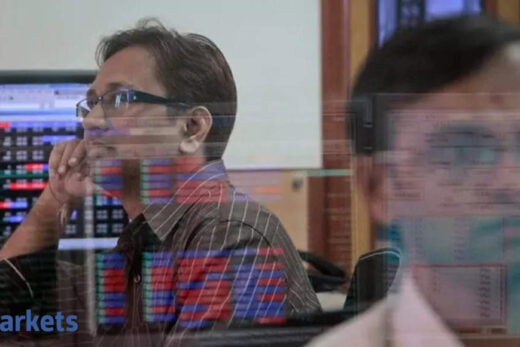This comes after the Sebi board on Tuesday cleared a proposal for gold exchange, wherein the yellow metal will be traded in the form of EGRs and will help in having a transparent domestic spot price discovery mechanism.
Currently, India allows trading only in gold derivatives and Gold ETFs, unlike several other countries which have spot exchanges for physical trade in gold.
The instruments representing gold will be called Electronic Gold Receipts (EGRs) and it will be notified as securities.
EGRs will have trading, clearing and settlement features akin to other securities that are currently available in India.
“BSE, which is well known for its technological prowess, has been the main proponent of creating a transparent and efficient spot market for gold as it is very important commodity for Indian consumers,” Patil told PTI.
He, further, said the exchange was preparing the technology for very long in this market and was awaiting for the in-principle approval for the same to take it further.
The exchange had made several presentations to government and regulators on how the process will work. How the participants of various types including banks, vaults, wholesaler, retailer, importers, exporters etc will participate in this ecosystem.
According to Patil, like shares, these EGRs will be held in demat form and can be converted into physical gold when needed.
To enable trading in physical gold, EGRs (backed by physical gold) will be traded and settled on stock exchanges.
Patil said that the entire trading will be done in three tranches that include conversion from physical gold to EGRs, trading of EGRs and again conversion of EGR back to physical gold.
To begin with, BSE may plan to launch EGR of 1 kg and 100 gm denominations and the same can be converted to physical gold. To attract retail investors, EGR with smaller denominations of 50 gm, 10 gm and 5 gm will also be launched in a phased manner.
The source of supply of the physical gold to be converted into EGR will be the fresh deposit of gold, coming into the vaults, either through imports or through stock exchanges accredited domestic refineries.
A client can also convert physical gold to EGR by depositing physical gold at the designated delivery centre. Exchanges will empanel Vault Service Providers (VSPs) based on guidelines prescribed by Sebi.
Similarly, clients can redeem EGR’s back to physical gold, and the process is complete. An interface will be developed between the vault managers (of physical gold), depositories (that hold EGRs in demat) and stock exchanges and clearing corporations that clear the trade.
The move is expected to reduce the existing market inefficiencies that exist in bullion trade and may act as a bridge in integrating spot gold trade with derivatives markets and create a transparent platform for bullion trading.
In addition, a single point trading for both spot and derivatives would provide scale, liquidity and better pricing for all market participants by bringing down cost and cycle time significantly.
Moreover, trading in EGRs will contribute to the existing programs for gold monetization such as Gold Monetization Scheme (GMS), Gold Bonds and Gold Deposits.
In union budget 2021-22, Finance Minister Nirmala Sitharaman announced setting of a gold spot exchange and Sebi will be the designated regulator for the proposed gold exchanges.



